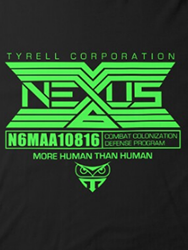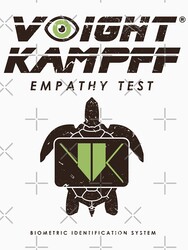Voight-Kampff Empathy Test
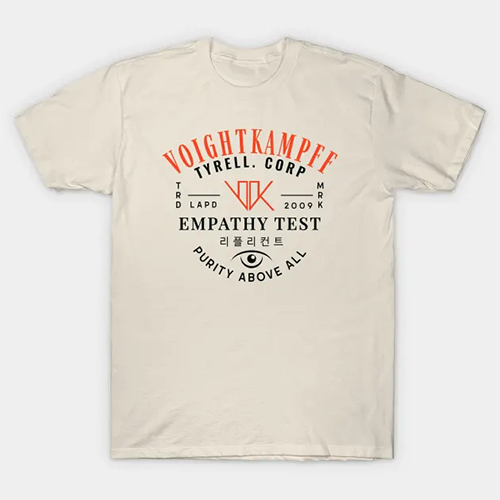
The Voight-Kampff test was a test used by the LAPD’s Blade Runners to assist in determining whether or not an individual was a replicant. During such an examination, the investigator asks the suspect a series of questions while looking for the presence or absence of some automatic physiological response from their subject. Do the suspect’s pupils dilate, does their skin conductance increase, or does their heart rate shift when a particularly arousing scene is described? If the suspect isn’t a real human, he or she may not be able to fake the appropriate bodily response, and get caught in the act.
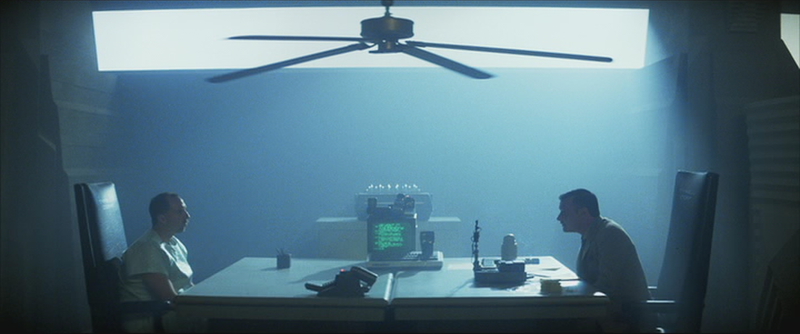
The Voigt-Kampff empathy test uses this discrepancy to distinguish whether the emotional response is genuine or artificial. Bounty hunters become arbiters who, by administering an empathy test, separate human from android.
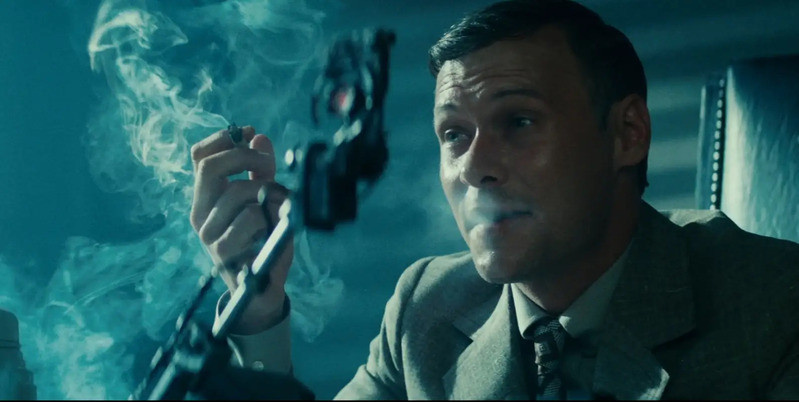
During the test, the subject is asked a series of questions while a special device, referred to as the “VK machine,” is used to monitor their physiological responses, such as pupil dilation, blush response, heart rate, and breathing patterns. These physiological reactions can indicate the presence of real emotions and help distinguish humans from replicants who are not capable of experiencing genuine empathy or emotions.
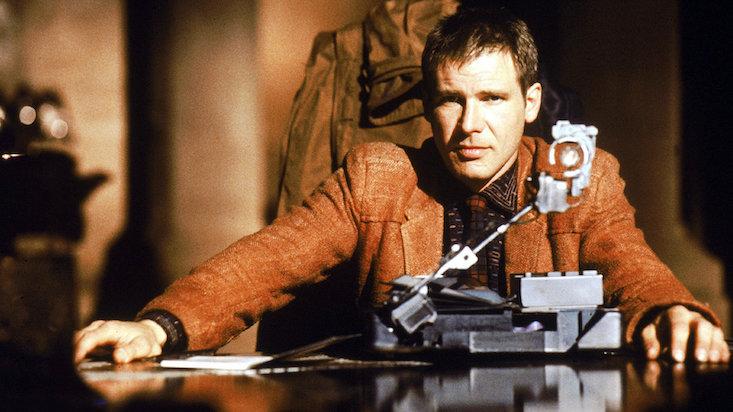
The Voigt-Kampff test plays a crucial role in the film as it serves as a means for the Blade Runners to identify and track down replicants hiding in the human population. The test becomes a compelling element of the movie’s narrative, raising philosophical questions about the nature of humanity, empathy, and the ethical implications of creating beings that closely resemble humans but lack genuine emotional experiences.
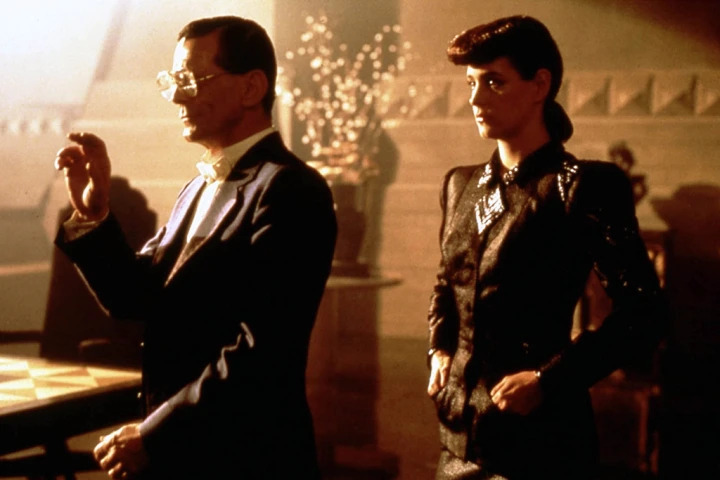
When Deckard conducts the Voight-Kampff test on Rachael, however, a female replicant of the advanced Nexus 6 generation who will become Deckard’s lover, it takes more than a hundred questions to establish that she indeed is a replicant. Deckard learns from Dr Eldon Tyrell, scientist and owner of the Tyrell Corporation which manufactures the replicants, that the reason for Rachael’s extraordinary resistance to the test, is that she is unaware that she is a replicant. Rachael believes she is human.


